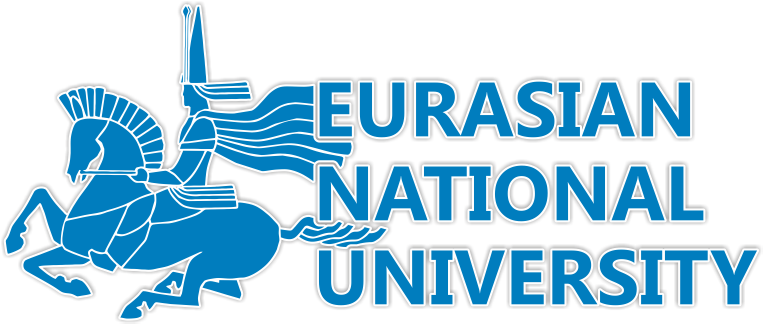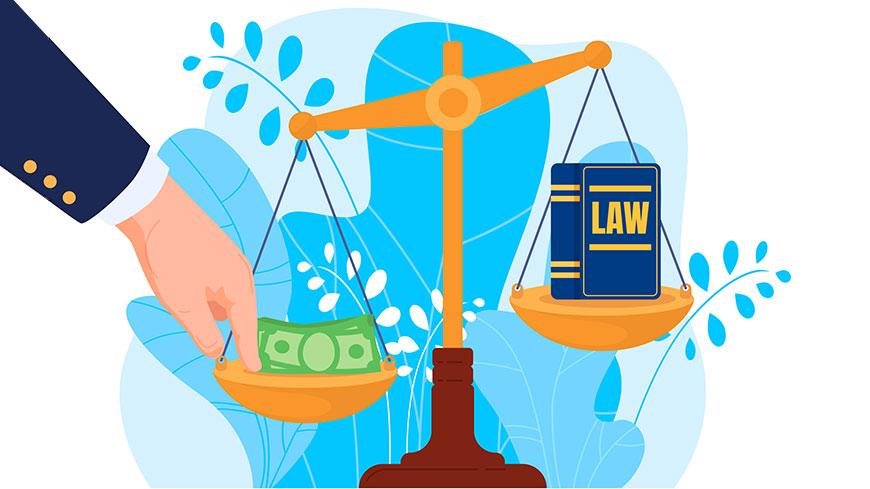Corruption as a social phenomenon has existed for a long period of time in many states, and at present this issue is serious concern to the entire world community. In this regard, states unite their efforts in combating and preventing corruption. Corruption negatively affects the political and social institutions of any state, creates obstacles to socio-economic development.
On 31 October 2003, the United Nations Convention against Corruption was adopted by General Assembly resolution 58/4. The Convention was adopted with the aim of promoting and strengthening measures to prevent and combat corruption more efficiently and effectively; promoting, facilitating and supporting international cooperation and technical assistance in the prevention of and fight against corruption, including in asset recovery; promoting integrity, accountability and proper management of public affairs and public property [1]. Kazakhstan ratified this Convention in 2008 [2]. In November 2009, Doha adopted the Terms of Reference for a mechanism to review the implementation of the Convention, which provides for the review of the laws of States parties in accordance with the provisions of the Convention. In accordance with this mechanism, all States Parties are reviewed to fulfill their obligations under the Convention. Based on self-assessment and peer review, the mechanism helps to identify gaps in national anti-corruption laws and practices. The mechanism applies to all participating States. The review for each state is conducted by two other States parties with the support of the Secretariat of the United Nations Office on Drugs and Crime [3].
The Republic of Kazakhstan, represented by the Agency, is a member of the International Association of Anti-Corruption Authorities (IACCA, Beijing), the OECD Anti-Corruption Network for Eastern Europe and Central Asia (ACN OECD), the Anti-Corruption Initiative for Asia and the Pacific region of the Asian Development Bank and OECD (Manila), The International Anti-Corruption Academy (IACA, Laxenburg;) and the CIS Intergovernmental Council on Combating Corruption (ICCC, Minsk) [3].
According to the Law of the Republic of Kazakhstan dated November 18, 2015 "On Combating Corruption", corruption is illegal use by persons holding a responsible civil service position, persons authorized to perform public functions, persons equated to persons authorized to perform public functions, officials of their official powers (powers of office) and related opportunities to obtain or derive, personally or through intermediaries, material (non-material) benefits and advantages for themselves or third parties, as well as bribery of the said persons through benefits and advantages provided to them [4]. In 2014, the Anti-Corruption Strategy of the Republic of Kazakhstan for 2015-2025 was approved [5]. Taking into account the existing legislation in the field of combating corruption, as well as the international cooperation of the Agency, it could be noted that the necessary conditions for combating and preventing corruption are being created in Kazakhstani society. Undoubtedly, an important role in this struggle is assigned to civil society, in this regard, the legal culture of society and civil servants acquires great importance.
The Anti-Corruption Agency has a Call-Center (1424). The Call-Center advises citizens on: anti-corruption; admission to the anti-corruption service; on the course of consideration of applications and messages being processed by the Anti-Corruption Service; encouraging persons who have reported the fact of a corruption offense or otherwise provide assistance in combating corruption; other issues within the competence of the Anti-Corruption Service. Also accepts messages: about corruption facts, including about committed or impending corruption offenses; about illegal actions (inaction) of employees of the Anti-Corruption Service; regarding issues of obstruction of entrepreneurial activity; information on wanted persons by the Anti-Corruption Service; regarding the activities of the Anti-Corruption Service (responses, suggestions) [6].
Oinarova A.A. PhD, Senior Lecturer
Department of International Law
List of sources:
1 Конвенция Организации Объединенных Наций против коррупции от 31 октября 2003 года // https://www.un.org/ru/documents/decl_conv/conventions/corruption.shtml
2 Закон Республики Казахстан от 4 мая 2008 года № 31-IV «О ратификации Конвенции Организации Объединенных Наций против коррупции» // https://adilet.zan.kz/rus/docs/Z080000031_
3 Международное сотрудничество // https://www.gov.kz/memleket/entities/anticorruption/activities/1177?lang=ru
4 Закон Республики Казахстан от 18 ноября 2015 года № 410-V ЗРК «О противодействии коррупции» // https://adilet.zan.kz/rus/docs/Z1500000410
5 Указ Президента Республики Казахстан от 26 декабря 2014 года № 986 «Об Антикоррупционной стратегии Республики Казахстан на 2015-2025 годы» // https://adilet.zan.kz/rus/docs/U1400000986#z7
6 Информация о деятельности Call-центра 1424 Агентства Республики Казахстан по противодействию коррупции (Антикоррупционная служба) // https://www.gov.kz/memleket/entities/anticorruption/press/article/details/2659?lang=ru


